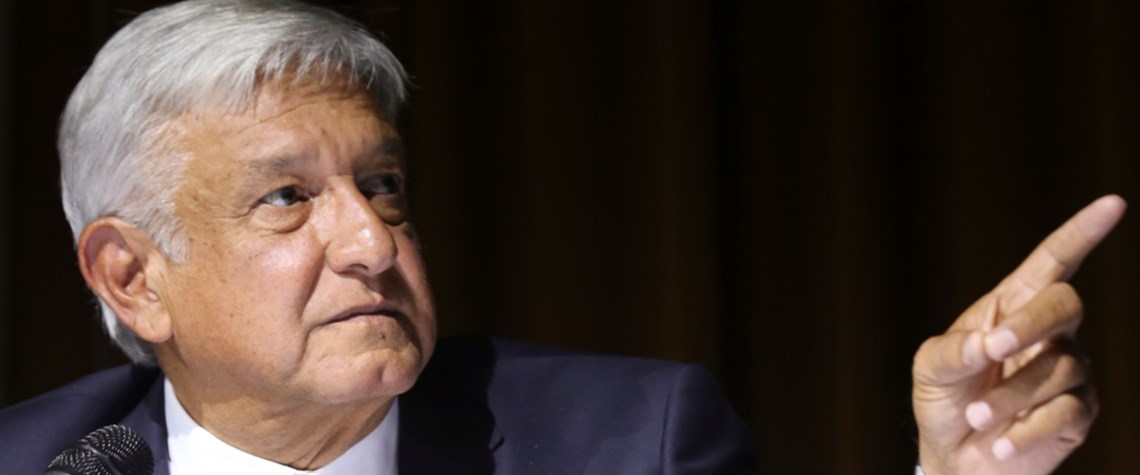Mexico plays hardball
Regional outlier initially baulked at Opec’s demand to scale back barrels, before bleeding oil revenues forced a rethink
Mexico proved an unusually stubborn negotiator during last week’s Opec+ alliance crisis talks in Vienna. President Andres Lopez Obrador refused to revise down production targets, despite the oil price crash’s heavy financial toll on state oil firm Pemex. Indeed, confidence that Mexico would consent to the cuts was at one point so low that US president Donald Trump weighed in with an offer of support to help it achieve the 10pc supply drop. Mexico eventually accepted a 100,000bl/d reduction, a cut significantly short of the 400,000bl/d that Opec and its allies originally demanded. The decrease represented half the volume pledged by Latin American rival Petrobras, despite the Brazilian company

Also in this section
18 February 2026
With Texas LNG approaching financial close, Alaska LNG advancing towards a phased buildout and Magnolia LNG positioned for future optionality, Glenfarne CEO Brendan Duval says the coming year will demonstrate how the company’s more focused, owner-operator approach is reshaping LNG infrastructure development in the North America
18 February 2026
The global gas industry is no longer on the backfoot, hesitantly justifying the value of its product, but has greater confidence in gas remaining a core part of the global energy mix for decades
18 February 2026
With marketable supply unlikely to grow significantly and limited scope for pipeline imports, Brazil is expected to continue relying on LNG to cover supply shortfalls, Ieda Gomes, senior adviser of Brazilian thinktank FGV Energia,
tells Petroleum Economist
17 February 2026
The 25th WPC Energy Congress, taking place in Riyadh, Saudi Arabia from 26–30 April 2026, will bring together leaders from the political, industrial, financial and technology sectors under the unifying theme “Pathways to an Energy Future for All”







